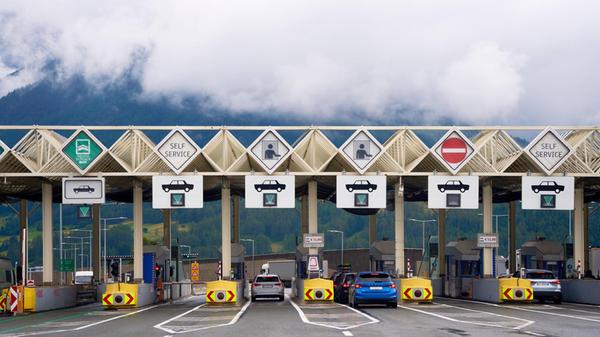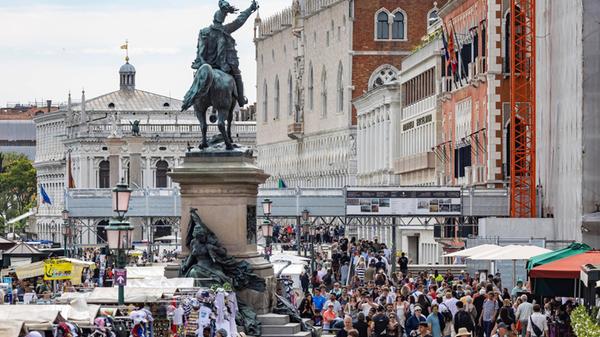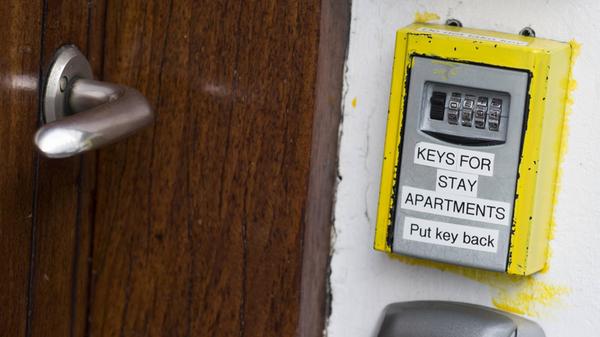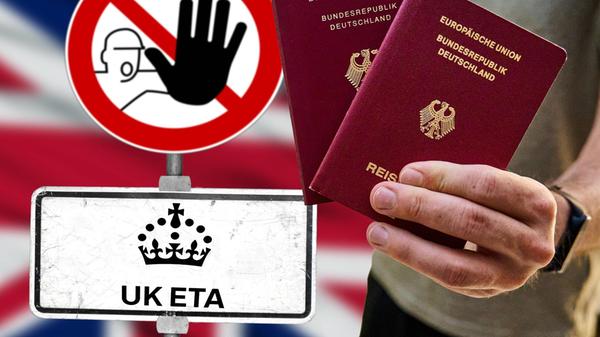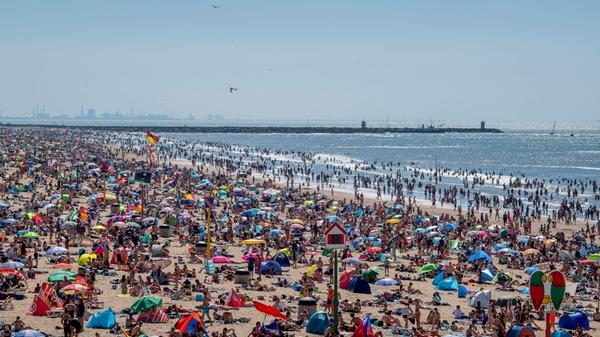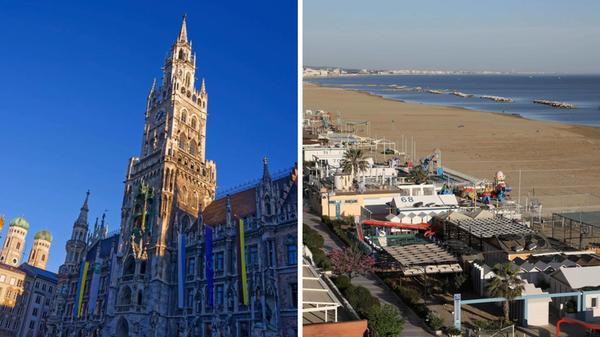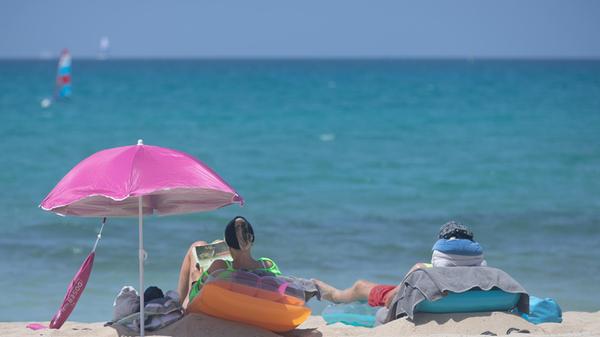
Though the Whitsun holidays in Bavaria are now over, the summer holidays are not too far off - and many who are able to travel prefer to do so outside the school break seasons. Since last year's summer holidays, several popular European vacation destinations have introduced new regulations, many of which impact tourists in particular. To help you embark on your next journey well-prepared, we have summarized some of the most important updates for you here.
Austria, with its breathtaking mountains and crystal-clear lakes, is not only a popular holiday destination but also a transit route for many travelers from Northern and Central Europe heading south. This year, however, traveling through Austria has become more expensive. The „Autobahnen- und Schnellstraßen-Finanzierungs-Aktiengesellschaft“ (ASFINAG) has increased the prices for toll stickers and route tolls. Discover the costs travelers can now expect:
New Inspection Requirement for RV and Caravan Travelers
As of June 19, 2025, anyone in Germany owning a motorhome or caravan must present a mandatory inspection of the gas system. This inspection must then be repeated every two years. Although this requirement has been part of Paragraph 60, Section 1 of the Road Traffic Licensing Regulations (StVZO) since June 2024, a one-year transition period for “G607 inspections” will conclude in mid-June 2025. According to the Deutsche Presseagentur (dpa), the inspection organization Dekra states that these requirements apply to liquid gas systems used for heating, cooking, or cooling in recreational vehicles.
Gas inspections already carried out in accordance with "Worksheet DVGW G 607" will remain valid. Therefore, those with a current valid certification need not take any immediate action. Fines for failing to comply with the inspection requirement range from 15 euros (more than 2 to up to 4 months overdue), 25 euros (more than 4 to up to 8 months), or 60 euros (more than 8 months).
Tax Hikes in Croatia May Affect Tourists Too
New Property Tax Could Make Vacation Homes More Expensive
Starting January 2025, a new property tax in Croatia could impact the prices of vacation accommodations. According to the news portal „Kroati“, the change aims to improve access to affordable housing by imposing higher levies on short-term rentals and vacant properties. The new tax rate ranges between 0.60 and 8 euros per square meter. Properties that are rented long-term for at least ten months a year or are used as a primary residence are exempt from the tax. According to the Croatian Tourist Board, hotels and campgrounds will not be affected by the tax increase, so significant price changes are not expected in these areas.
Tobacco Products to Become More Expensive
As of July 1, 2025, Croatia will increase excise duties on all tobacco products by about five percent. For the first time, users of e-cigarettes will also be taxed. This decision was recently announced by the Croatian government.
New Traffic Regulations in Greece - Hefty Fines Loom
Zipping to the beach without a helmet or driving through Athens city center with a phone glued to your ear – these are activities to steer clear of in Greece from now on. The days of the laissez-faire attitude on the roads, which many tourists to Greece also enjoyed, are over. Here's everything you need to know about the new regulations:
New Regulations in Italy
Numerous cities and attractions in Italy are experiencing record numbers of visitors. The immense influx of tourists is to be curbed through restrictions, checks, and fees. This summer, access to a popular landmark in Rome is limited, and a popular park is introducing a visitor cap. Read more about it here.
Entry Fee for Venice Also Required in 2025
Those wishing to visit Venice on selected days between 8:30 AM and 4 PM will still need a ticket in 2025. This policy was first trialed in 2024 and seems to have proven successful. The daily entry fee of five euros may, however, be twice as expensive if the ticket is booked within four days of the visit. Last-minute day visitors will therefore have to shell out ten euros for a visit to Venice.
Florence Cracks Down on Airbnb
On July 30, 2024, the Florence City Council passed new legislation impacting short-term vacation rentals. This law was further tightened on April 8, 2025, introducing a ban on new Airbnb accommodations in the historic center and the Oltrarno district, both part of the UNESCO World Heritage site. Additionally, key lockboxes for checking into vacation rentals were forbidden in February 2025, with authorities citing security concerns as the reason. Read more about the key lockbox ban here:
Smoking Ban in Milan
Since January 1, Milan has implemented an almost complete ban on smoking outdoors. Smoking in public spaces is only permitted if a minimum distance of ten meters is maintained. Violations can result in fines of up to 240 euros. The ban affects traditional tobacco products such as cigarettes, cigars, and cigarillos. E-cigarettes remain permitted.
Popular Island in Portugal Introduces Hiking Fees
Since last autumn, fees have been required on seven hiking trails on the popular holiday island of Madeira in Portugal. The reason for this is tourism on the island. Learn more about it here.
Entry Permit Required for the UK
A German passport is no longer sufficient for travel to the United Kingdom. Since April, an Electronic Travel Authorization (ETA) is mandatory - and while it can be easily applied for online, one must remain cautious, as pitfalls lurk around every corner. Learn everything you need to know about scam tactics related to ETA applications here.
Ryanair now facing hefty fines
The Irish airline is among the cheapest and thus most popular in Europe, serving the most common destinations. Regardless of the destination, from now on, Ryanair aims to crack down on unbecoming behavior on board with hefty fines. According to a press release by the airline, they will demand at least 500 euros in penalties from passengers who cause trouble before or during the flight.
Netherlands Raises Taxes on Holiday Accommodations
Until now, overnight stays in hotels, holiday homes, or campsites were subject to a reduced VAT rate of only nine percent. That is set to change. According to the Dutch news portal „Dutchnews“, these charges are poised to rise by a hefty 14 percent, bringing the total to 21 percent. For comparison: In Germany, the rate is only seven percent. However, tourists can breathe a sigh of relief for now: The tax increase is not expected to take effect until 2026.
New Direct Train Routes from Bavaria to the Sea
Those looking to avoid long waits at airports, fees, security checks, and more can opt to travel by train: A new connection has been available since this year, taking passengers directly from Bavaria to the Italian coast.
Planned Changes to Passenger Rights
Also planned but not yet in effect are the changes to the EU's new passenger rights: Despite significant resistance from Germany, the EU states intend for passengers to receive compensation only after a four-hour delay, rather than the current three hours. A sufficient majority of EU transport ministers approved the amendment to European air passenger rights during a meeting in Luxembourg in early June. What else might change for airline travelers in the future, you can read here:
